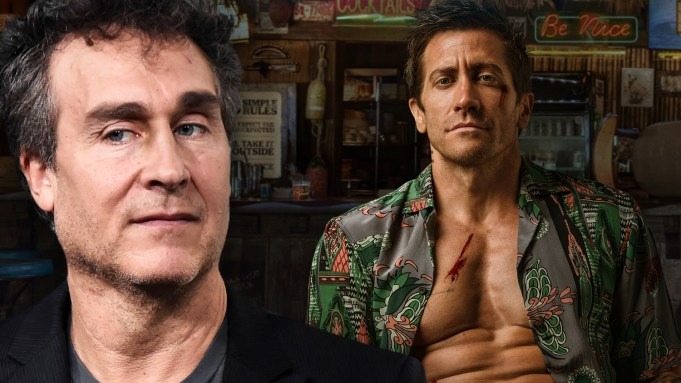“Road House,” directed by Doug Liman and starring Jake Gyllenhaal, is a modern reimagining of the 1989 cult classic. Released on Amazon Prime Video, this film has sparked significant conversations not just about its content but also about the evolving nature of film distribution and compensation in the streaming era.
The Streaming Conundrum
Initially the movie was targeting a theatrical release. Ultimately, “Road House” is available on Amazon Prime Video after MGM was acquired by Amazon. This shift was a surprise to many, including Liman and Gyllenhaal, who expected a traditional box office release. As a result, they were compensated based on theatrical expectations, not the vast reach of streaming. Liman expressed his frustration, highlighting that despite 50 million viewers streaming the film, neither he, Gyllenhaal, nor producer Joel Silver received additional compensation reflective of the film’s massive success on the platform.
A Changing Industry
Liman’s case with “Road House” isn’t unique. As the industry shifts towards streaming, many creators find themselves navigating new waters regarding compensation and rights. The traditional model, where filmmakers and stars earn based on box office performance, is being upended. Liman’s experience underscores the growing pains of this transition, as he contrasts it with his more transparent experience working on “The Instigators” for Apple, where compensation for streaming was clear from the outset.
Jake Gyllenhaal’s Perspective
Gyllenhaal, while supportive of Liman’s advocacy for fair compensation, expressed a broader view on the evolving landscape of film consumption. He acknowledged that while the preference might be for a theatrical release, the ultimate goal is to reach the largest audience possible. For “Road House,” this meant leveraging Amazon’s global streaming platform, which eventually brought the film to 80 million viewers worldwide. Gyllenhaal’s pragmatic approach highlights a key tension in the industry: balancing the art of filmmaking with the realities of distribution in a digital age.
The Future of “Road House”
Despite the controversies, “Road House” has been a significant success for Amazon, prompting the announcement of a sequel. Gyllenhaal is set to return, although Liman’s involvement remains uncertain. This sequel’s development hints at the new metrics of success in the streaming era, where viewership numbers can rival, if not surpass, traditional box office hits.
Looking Ahead
The “Road House” situation exemplifies a critical moment in the entertainment industry. As streaming becomes more dominant, the rules of engagement for creators are being rewritten. This shift calls for updated contracts and compensation models that reflect the new realities of viewership and revenue generation. For fans, it means more accessibility to content but also a need to support fair compensation practices for creators.
“Road House” serves as a fascinating case study in the evolving dynamics of Hollywood. It raises essential questions about fairness and compensation in the age of streaming, issues that will only become more critical as the industry continues to adapt. As we await the sequel, the conversation sparked by “Road House” will likely influence how future deals are structured in this brave new world of entertainment.
(Source: Variety)























